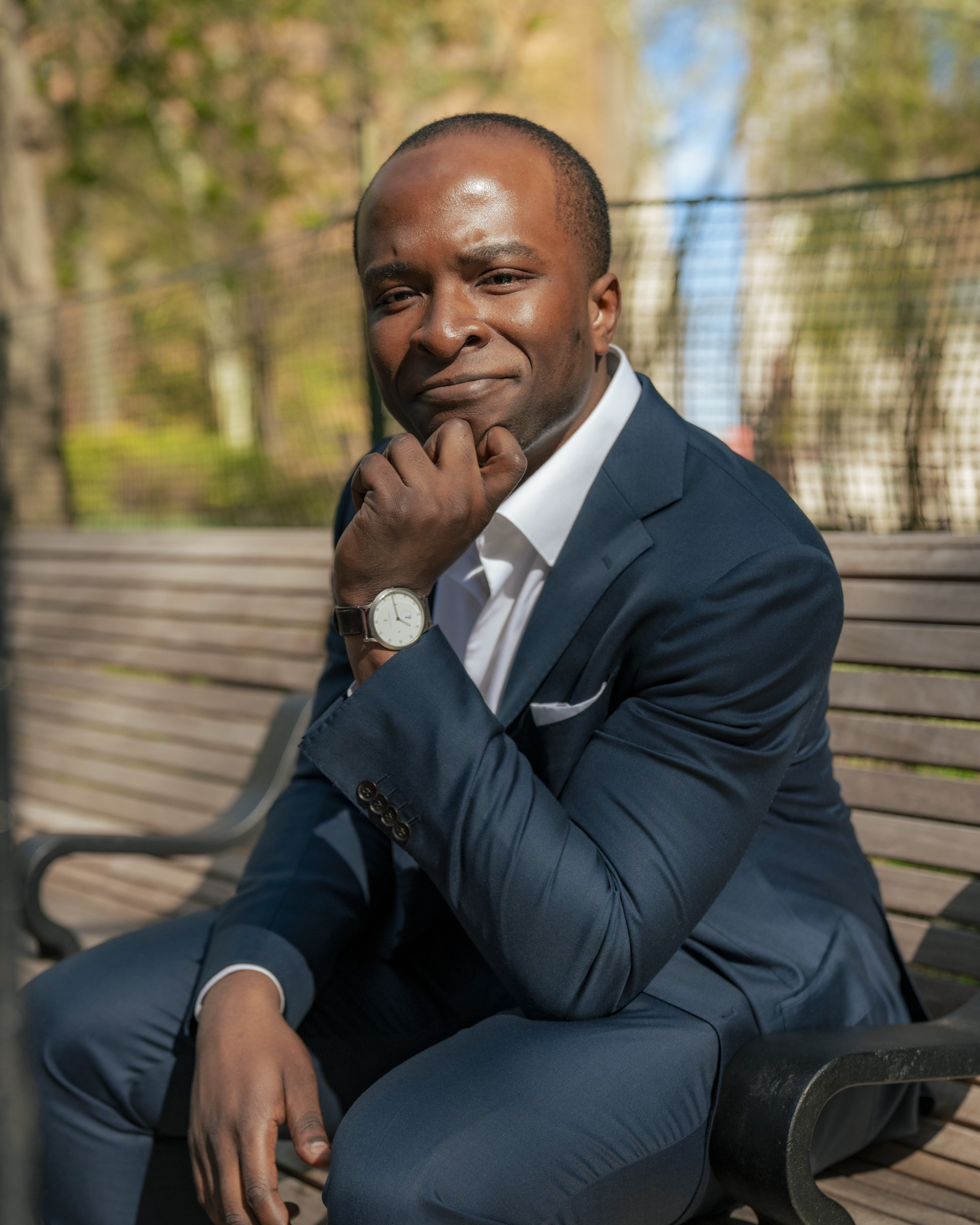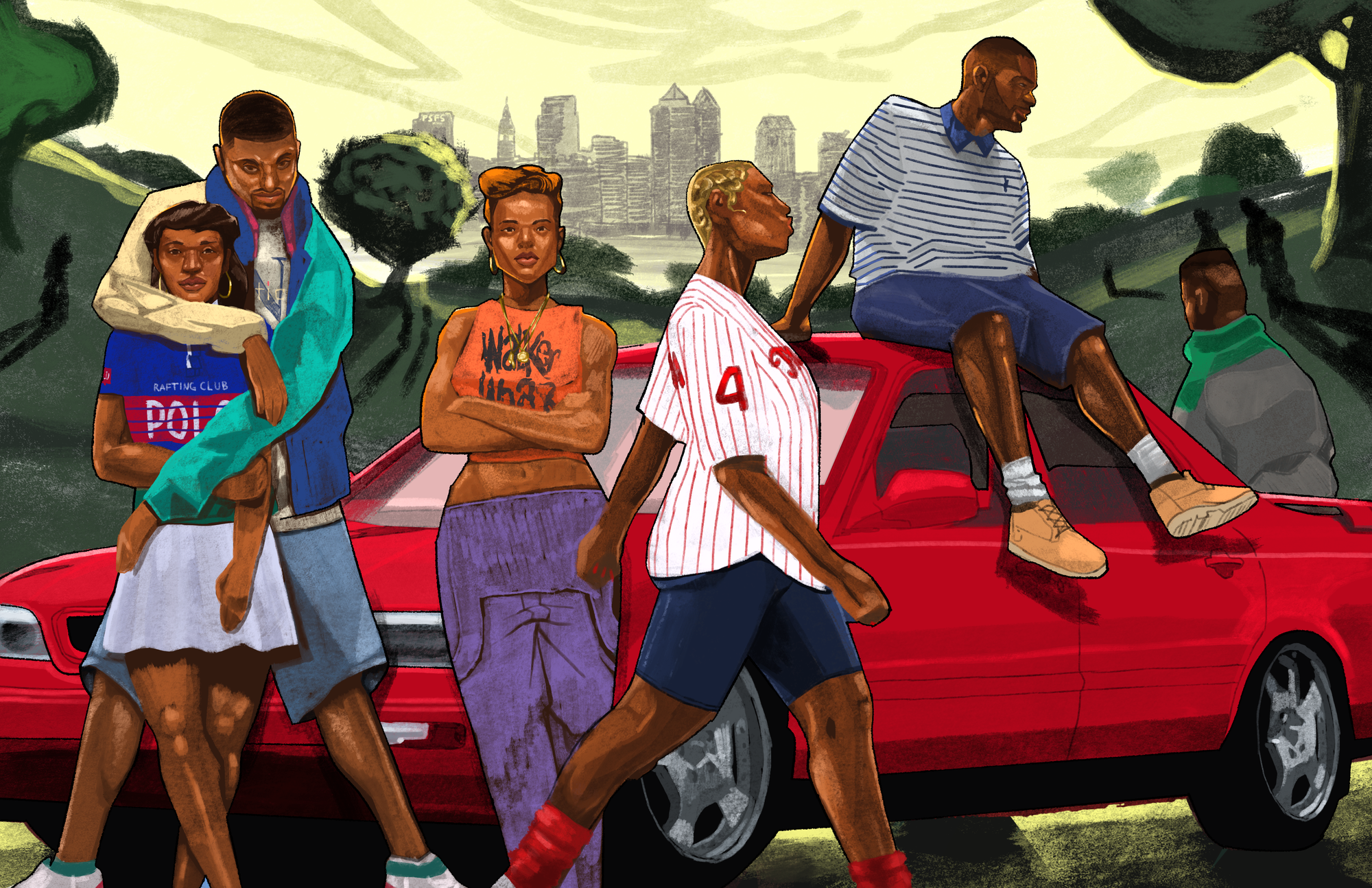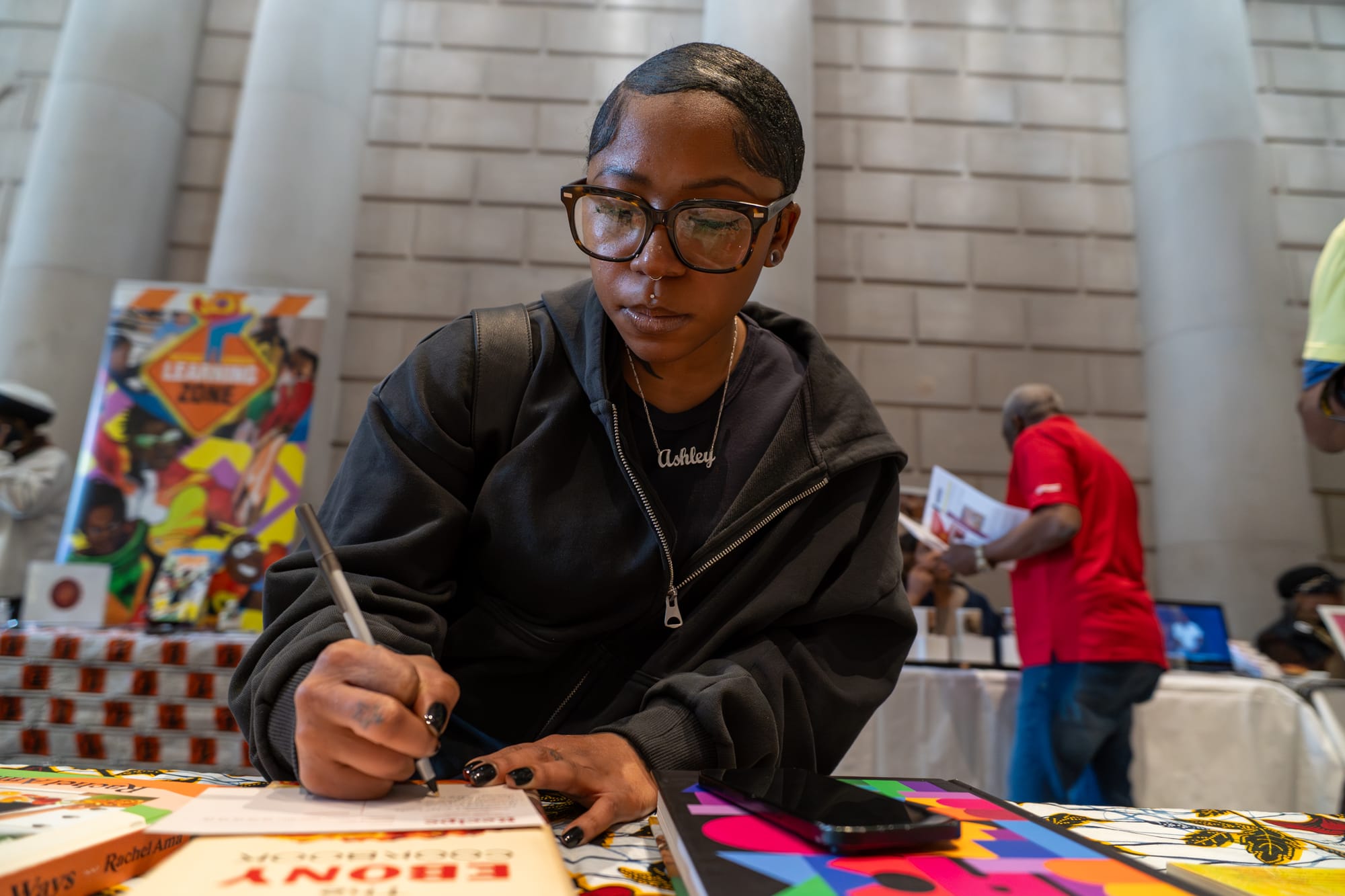Doom Scrolling, Mental Health, and This Political Moment
You wake up, check your phone, and in seconds, the day’s headlines flood your mind: another mass shooting, another Supreme Court ruling gutting fundamental rights, another climate disaster in Los Angeles.
The first thing you need to understand is that the exhaustion you feel is not an accident. It is, in many ways, by design.
You wake up, check your phone, and in seconds, the day’s headlines flood your mind: another mass shooting, another Supreme Court ruling gutting fundamental rights, another climate disaster in Los Angeles.
Maybe you scroll past a tweet about Project 2025 officially being 30% complete. President Trump says he’s going to cut life-saving medical and educational programs. Then, Vice President Vance tweets that he wouldn’t listen to judges, threatening a constitutional crisis.
You keep scrolling. Another story. And another. Your body tenses. Your breathing shortens. Your shoulders rise toward your ears. You are angry, you are afraid, and yet—you keep going.
You are doomscrolling.
Doomscrolling is the act of compulsively consuming negative news, often without realizing it’s happening. Dr. Raquel Martin, a renowned clinical psychologist here in Philadelphia, describes it as an all-consuming weight. “People don't know what's true and what’s not true. They don’t know what’s going to happen next. And every time they turn on the news, it seems like someone’s rights are being taken away.”
This is not just an internet-era phenomenon; it’s an evolutionary response gone haywire. Humans are wired to scan for threats. Our ancestors needed to be hyper-aware of danger—predators, rival tribes, famine. But today’s threats aren’t saber-toothed tigers. They are systemic, political, and existential, and they live in our pockets, accessible with a single tap.
Dr. Martin explains how this relentless exposure to crisis-driven content manifests in our daily lives: “Are your shoulders at your ears? Are your eyebrows at your nose? Do you feel hopeless, sad, or like you just can’t take it anymore?” She calls this “emotional residue.” The news leaves a mark, and the more we consume, the more it builds up.
For many, even myself, this cycle has become especially overwhelming under the Trump administration and its aftermath. The sheer volume of crises—election denialism, the erosion of abortion rights, targeted attacks on marginalized communities—has left people in a state of constant vigilance.
Activists, in particular, are experiencing what Dr. Martin calls “resistance fatigue.” “It’s not about losing passion,” she says. “It’s about feeling spiritually, emotionally, mentally, and sometimes physically drained by the work.”
Activism requires stamina, and yet, so many of us treat it like a sprint. The more we consume, the more we feel responsible for fixing, responding, and fighting. But without rest, the work suffers. “No one deserves to engage with you when you’re cranky and exhausted,” Dr. Martin reminds us. “You could’ve finished that grant application in an hour. Now it’s taking you three because you’re running on fumes.”
But it’s not just activists who are struggling—it’s anyone trying to make sense of the world in an era of algorithmic outrage. Social media platforms thrive on engagement, and nothing engages like fear and anger. The posts that make you feel the worst are often the ones you are most likely to see.
Dr. Martin points out that many people believe staying informed means consuming every headline, every tweet, every news update. But that’s a trap. “If there is a zombie apocalypse, you will know,” she says. “You do not need to be plugged in at all times.”
The real question is: How do we break the cycle? How do we resist falling into despair when it feels like the world is burning?
The first step is listening to your body. If you’re constantly angry, constantly sad, constantly feeling like nothing matters—that’s not just your personality. That’s exhaustion talking. “A lot of people wake up at an eight on the anger scale and can’t remember the last time they were at a two,” Dr. Martin explains. That kind of sustained stress isn’t just mentally taxing; it’s physically damaging.
The second step is finding community. The worst thing you can do, Dr. Martin emphasizes, is struggle in isolation. Activism is not meant to be a solitary act. Social movements are built in living rooms, over dinner tables, in spaces where people feel connected. “People forget that joy is a form of resistance,” she says. “We don’t do enough to balance activism with joy, art, and celebration.”
For me. I’ve found solace in history. I’ve been reading a long, winding book these past few weeks called Reaganland: America’s Right Turn about the progressive movement in the Reagan era.
In the wake of Reagan’s presidency, many liberal activists found solace not in sweeping electoral victories, but in gathering together, cooking meals, and brainstorming ways to make change. Organizing, at its core, is about people, not policies. And people need connection. They need joy. They need rest.
Perhaps most importantly, we must redefine what it means to “make a difference.” Legislative victories are essential, but they are not the only measure of impact. Dr. Martin urges people to zoom in: “Yes, we lost that bill. But how many kids in your neighborhood have disabilities? How many of them need extra help? Find them and help them. Give a face to the people you’re fighting for.”
Mutual aid, community care, small-scale organizing—these are not consolation prizes. They are the foundation of change. They remind us that we are not powerless. That resistance is not just about policy; it’s about people.
Dr. Martin makes one final, urgent point: “Your existence is an act of resistance.” Simply surviving in a world this complicated is a radical act. It is exhausting because it has always been exhausting. The fight for justice does not end with one presidency or one election. It continues, and it requires us to be present for the long haul.
So, if you find yourself doomscrolling, if you find yourself consumed by despair, pause. Breathe. Unplug. Call a friend. Make dinner with someone you love. Go outside. Remind yourself that you are not alone.
The fight will be there when you return. And when you do, you will be ready.




